CanBioSe
Project ID: 778157 MSCA-RISE-2017 - Marie Skłodowska-Curie Research and Innovation Staff Exchange (RISE)
 The project CanBioSe targeted to strengthen international and intersectoral collaboration, sharing new ideas and knowledge transfer from research to market and vice versa in the field of nanostructured metal oxide optical biosensors for cancer cells detection. Interdisciplinary project research and innovation goals are targeted to develop a new portable tool for early stage cancer detection which can solve on of important health challenges in EU society.
The project CanBioSe targeted to strengthen international and intersectoral collaboration, sharing new ideas and knowledge transfer from research to market and vice versa in the field of nanostructured metal oxide optical biosensors for cancer cells detection. Interdisciplinary project research and innovation goals are targeted to develop a new portable tool for early stage cancer detection which can solve on of important health challenges in EU society.
Project details
Total cost:
EUR 1 282 500EU contribution:
EUR 1 246 500Coordinated in:
LatviaTopic(s):
MSCA-RISE-2017 - Marie Skłodowska-Curie Research and Innovation Staff Exchange (RISE)Call for proposal:
H2020-MSCA-RISE-2017Funding scheme:
MSCA-RISE - Marie Skłodowska-Curie Research and Innovation Staff Exchange (RISE)Objective
One dimensional (1D) polimer nanofibers will be deposited by electrospinning technique. Photonic nanomaterials, based on metal oxide based nanostructures (ZnO, ZnO/Al2O3 nanolaminates, Au/ZnO and ZnO/Au) will coat the 1D nanofibers. Metal oxides and Au nanoparticles will be deposited with Atomic Layer Deposition (ALD) and electrophoresis, respectively. Bioselective layer will be formed by immobilization of specific antibodies on the biosensor surface. Photoluminescence and optical spectroscopy will be used for recording of the biosensor signal. Biosensor testing will be performed on cancer cells (human chronic lymphocyte leukemia (CLL) leucosis and acute lymphoblastic leucosis). The biosensor will be integrated with microfluidic system in order to minimize dimensions and simplify the use of the detection system.
The project partners will provide research and training activities in the fields of nanotechnology, surface functionalization, bioengineering, microfluidics and biosensor testing, market analysis and commercialization. Provided research and management training to experienced researchers and early stage researchers will strengthen their personal skills and CVs via new scientific papers and conference theses and strengthen a development of EU research human resources. Long lasting collaboration between partners, based on co-supervising students and preparation of novel collaborative project proposals is foreseen. Dissemination of the project results to scientific society and wide auditories is foreseen.
Coordinator
LATVIJAS UNIVERSITATE
RAINIS BOULEVARD 19
1586 RIGA
Latvia
Activity type: Higher or Secondary Education Establishments
EU contribution: EUR 423 000
Participants:
VILNIAUS UNIVERSITETAS
Lithuania
EU Contribution € 207 000
Address: Universiteto G. 3, 01513 Vilnius
Activity type: Higher or Secondary Education Establishments
ECOLE NATIONALE SUPERIEURE DE CHIMIE DE MONTPELLIER
France
EU Contribution € 112 500
Address: 240 Av Du Prof Emile Jeanbrau, 34296 Montpellier Cedex 5
Activity type: Higher or Secondary Education Establishments
UNIWERSYTET IM. ADAMA MICKIEWICZA W POZNANIU
Poland
EU Contribution € 333 000
Address: Ul. Henryka Wieniawskiego 1, 61712 Poznan
Activity type: Higher or Secondary Education Establishments
FONDAZIONE BRUNO KESSLER
Italy
EU Contribution € 36 000
Address: Via Santa Croce 77, 38122 Trento
Activity type: Research Organisations
EESTI MATERJALITEHNOLOOGIATE ARENDUSKESKUSE OÜ
Estonia
EU Contribution: € 58 500
Address: Teaduspargi Tn 13, 51014 Tartu
Activity type: Private for-profit entities (excluding Higher or Secondary Education Establishments)
BIOSENSOR SRL
Italy
EU Contribution: € 49 500
Address: Via Degli Olmetti 44, 00060 Formello
Activity type: Private for-profit entities (excluding Higher or Secondary Education Establishments)
NANOPHARMA AS
Czechia
EU Contribution € 63 000
Address: Nova 306, 530 09 Pardubice
Activity type: Private for-profit entities (excluding Higher or Secondary Education Establishments)
MATERIALS RESEARCH CENTRE
Ukraine
EU Contribution € 49 500
Address: Yaroslaviv Val/Olesya Honchara
Activity type: SME
PARTNER:
Institute of Biophysics and Cell Engineering, National Academy of Sciences of Belarus
Belarus
Address: Akademicheskaya 27, 220072 Minsk
Activity type: Research Organisations
|
|
Horizon 2020 CANBIOSE project participant from MRC Ivan Hryshko completed secondment visit to Vilnius University, Lithuania, on February-March 2020
|
|
|
Horizon 2020 CANBIOSE project participants from MRC visited partner organization Adam Mickiewicz University in Poznań, Poland, on October 27-November 27, 2019
|
|
|
CanBioSe project Meeting and Workshop atinternational Conference on Nanomaterials for biosensors and nanomedical applications in Yurmala, Latvia, July 2019
|
|
|
Project Meeting and Workshop under Horizon-2020 MSCA RISE CanBioSE project, 17-18 th of April 2019, Vilnius, Lithuania
|


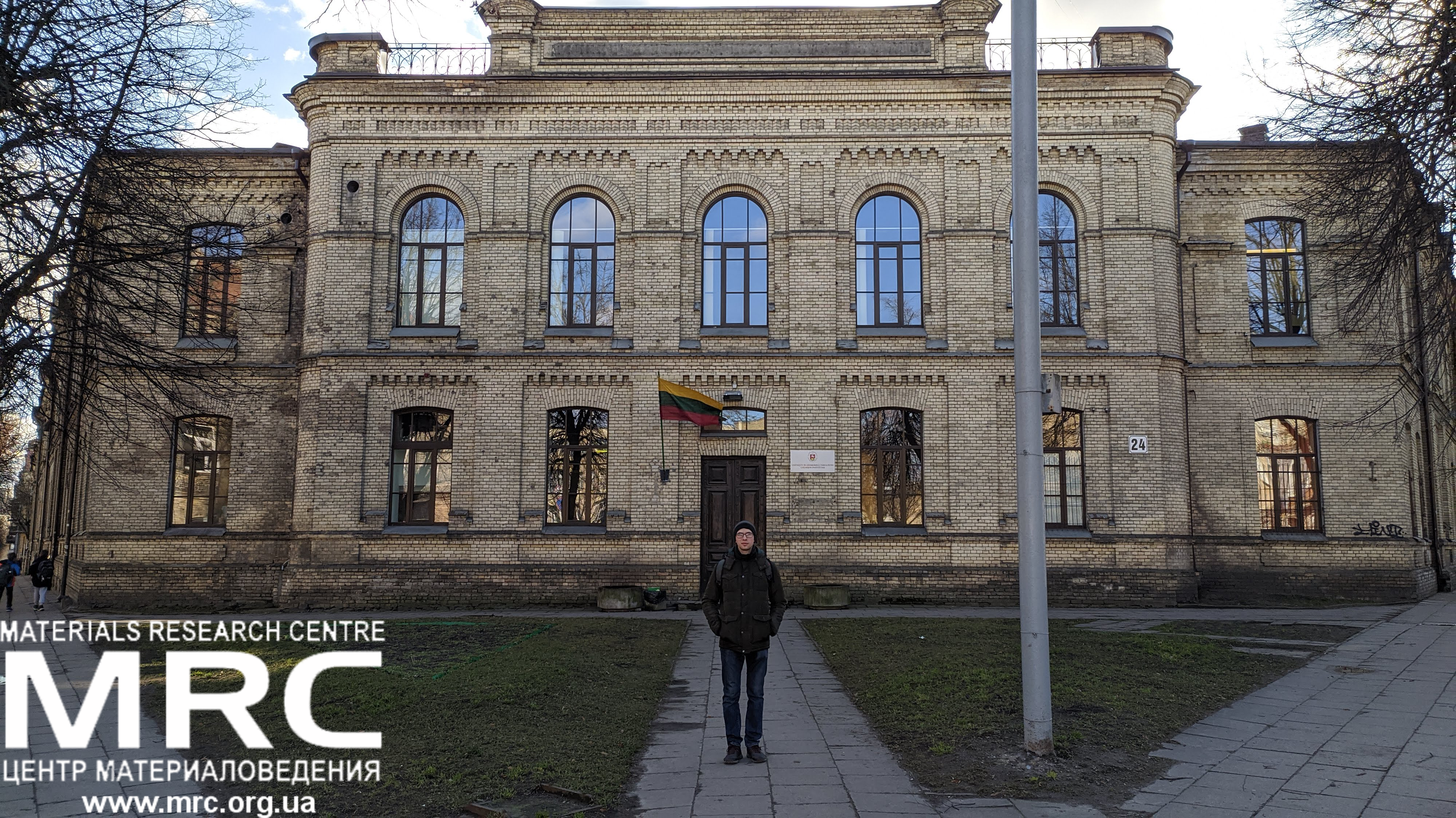 He made a presentation at a seminar to share knowledge and experience in MAX phase and MXene synthesis, received a training and also worked with colleagues from VU on nanomaterials characterization, all related issues were discussed with project participants from Vilnius University.
He made a presentation at a seminar to share knowledge and experience in MAX phase and MXene synthesis, received a training and also worked with colleagues from VU on nanomaterials characterization, all related issues were discussed with project participants from Vilnius University.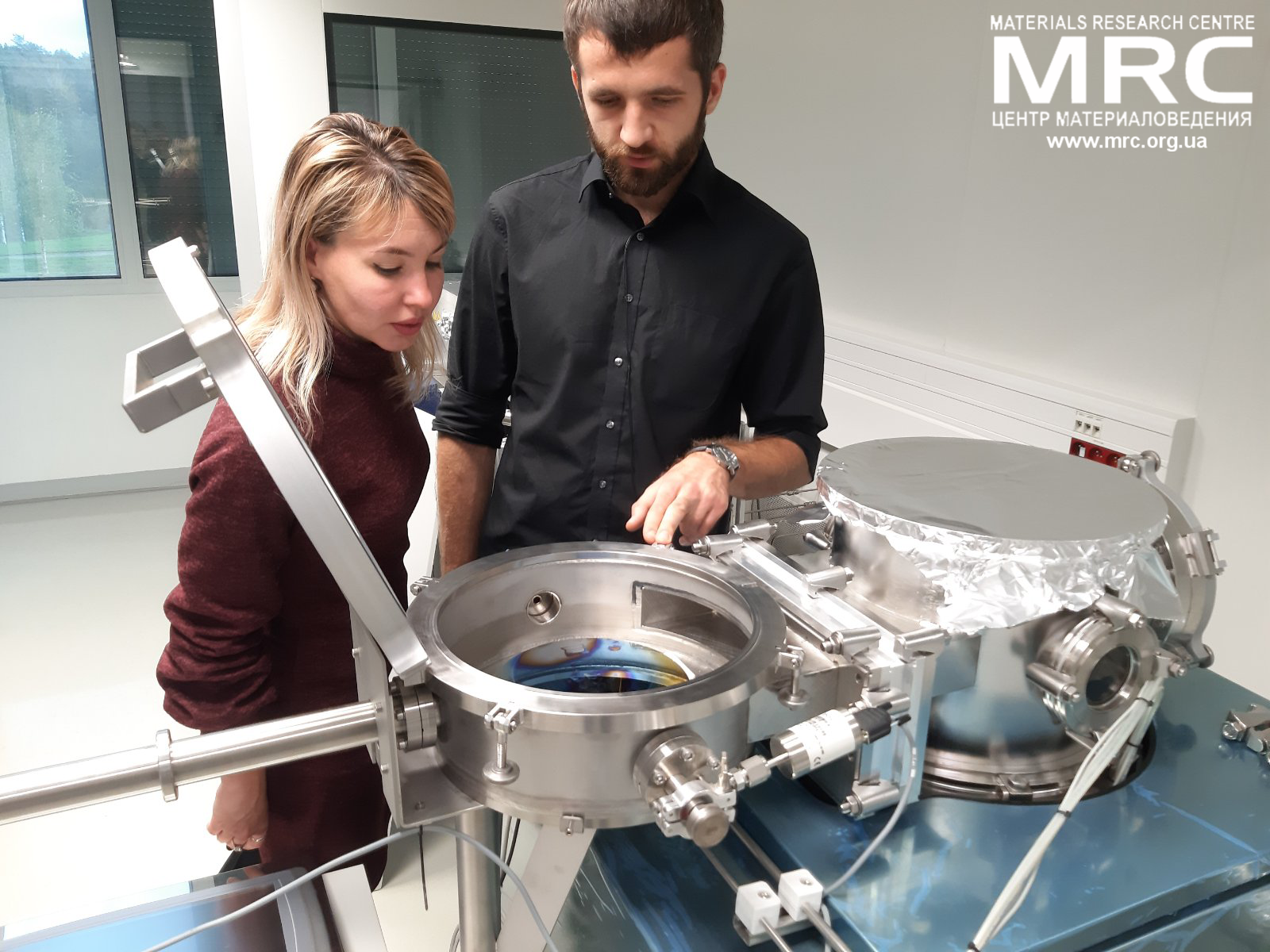 In cooperation with AMU colleagues they were working on nanomaterials testing and characterization.
In cooperation with AMU colleagues they were working on nanomaterials testing and characterization.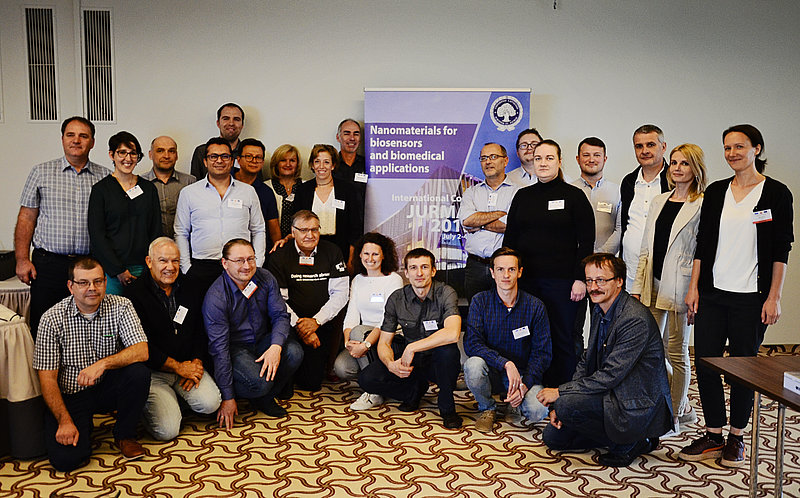 MRC representatives, Oleksiy Gogotsi and Veronika Zahorodna attended CanBioSe project meeting held during International Conference on Nanomaterials for biosensors and biomedical applications, Jurmala, Latvia, on July 2019.
MRC representatives, Oleksiy Gogotsi and Veronika Zahorodna attended CanBioSe project meeting held during International Conference on Nanomaterials for biosensors and biomedical applications, Jurmala, Latvia, on July 2019.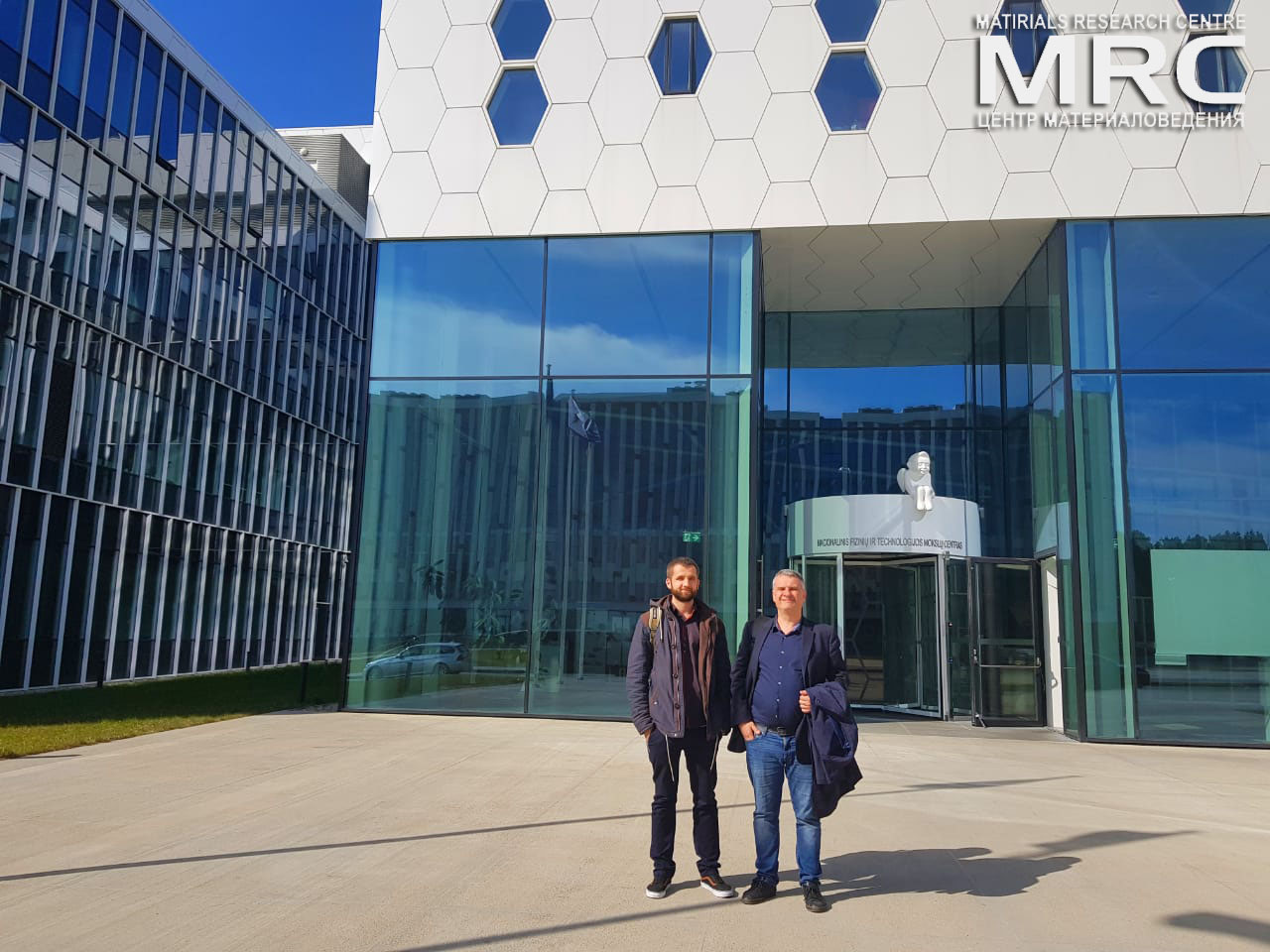 Research team of Materials Research Centre led by Oleksiy Gogotsi take part in CanBioSe project meeting and Workshop held in Vilnius University, Vilnus, Lithuania. MRC team met with another CanBioSe project participants, presented MRC company. Also MRC director gave a talk on 2d materials MXenes and their possible applications.
Research team of Materials Research Centre led by Oleksiy Gogotsi take part in CanBioSe project meeting and Workshop held in Vilnius University, Vilnus, Lithuania. MRC team met with another CanBioSe project participants, presented MRC company. Also MRC director gave a talk on 2d materials MXenes and their possible applications.
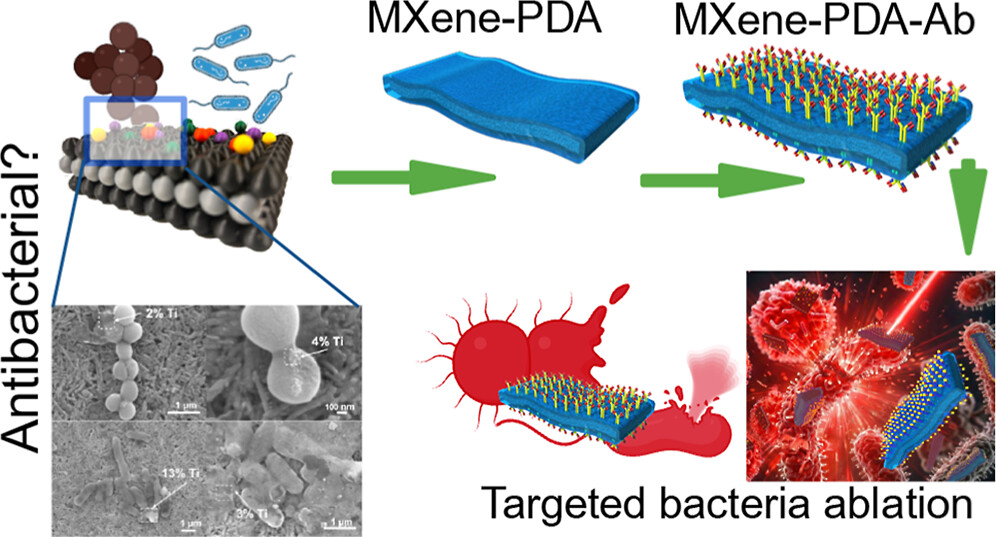 Do MXene nanosheets possess intrinsic antibacterial activity? A systematic study of high-quality Ti-, V-, and Nb-based MXenes reveals negligible inherent antimicrobial effects while highlighting their strong potential for targeted photothermal antibacterial therapy.
Do MXene nanosheets possess intrinsic antibacterial activity? A systematic study of high-quality Ti-, V-, and Nb-based MXenes reveals negligible inherent antimicrobial effects while highlighting their strong potential for targeted photothermal antibacterial therapy. Highlights
Highlights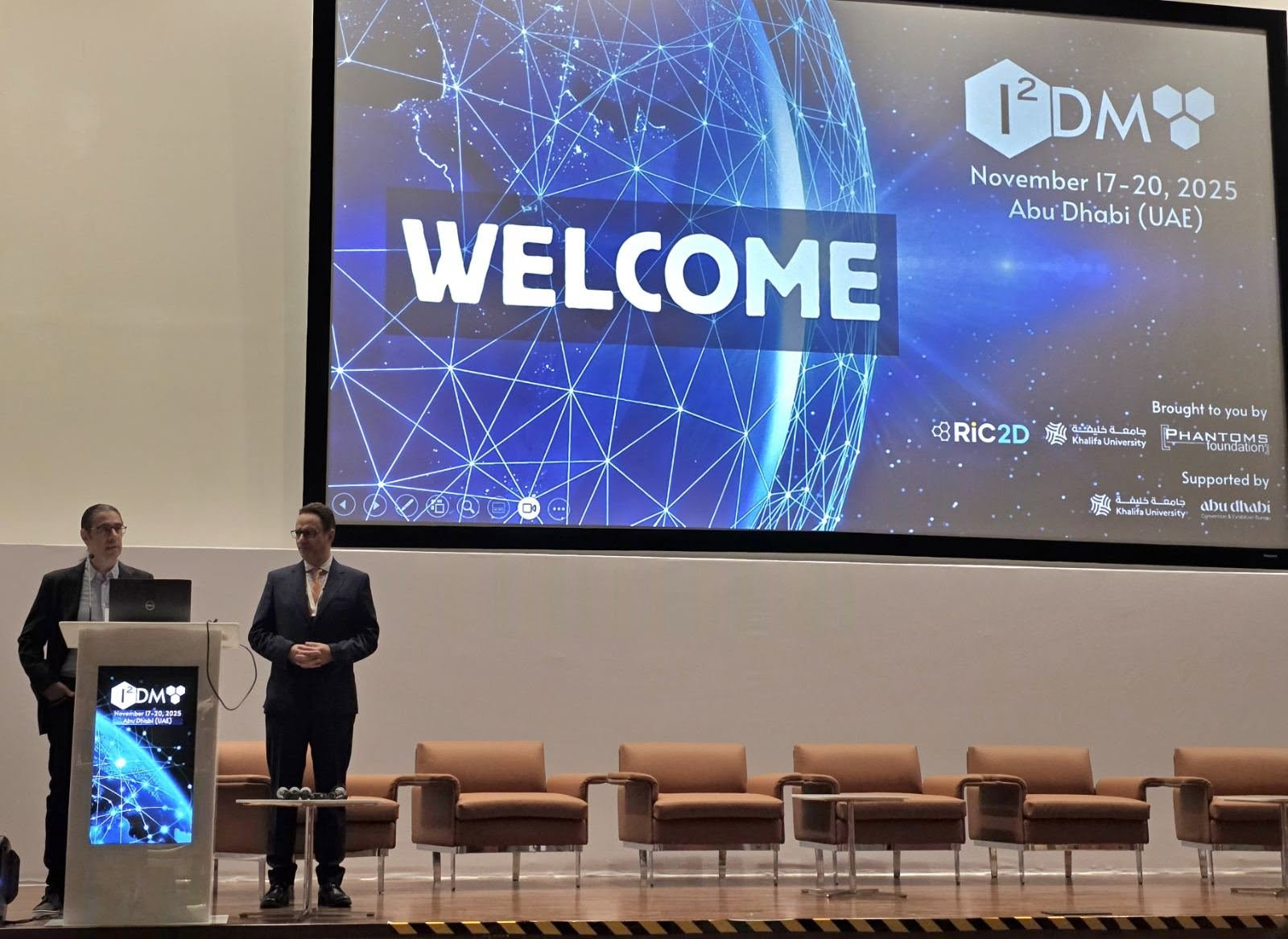 We are excited to share that our Carbon-Ukraine (Y-Carbon LLC) company participated in the I2DM Summit and Expo 2025 at Khalifa University in Abu-Dhabi! Huge thanks to Research & Innovation Center for Graphene and 2D Materials (RIC2D) for hosting such a high-level event.It was an incredible opportunity to meet brilliant researchers and innovators working on the next generation of 2D materials. The insights and energy from the summit will definitely drive new ideas in our own development.
We are excited to share that our Carbon-Ukraine (Y-Carbon LLC) company participated in the I2DM Summit and Expo 2025 at Khalifa University in Abu-Dhabi! Huge thanks to Research & Innovation Center for Graphene and 2D Materials (RIC2D) for hosting such a high-level event.It was an incredible opportunity to meet brilliant researchers and innovators working on the next generation of 2D materials. The insights and energy from the summit will definitely drive new ideas in our own development. Carbon-Ukraine team had the unique opportunity to visit XPANCEO - a Dubai-based deep tech startup company that is developing the first smart contact lenses with AR vision and health monitoring features, working on truly cutting-edge developments.
Carbon-Ukraine team had the unique opportunity to visit XPANCEO - a Dubai-based deep tech startup company that is developing the first smart contact lenses with AR vision and health monitoring features, working on truly cutting-edge developments. Our Carbon-Ukraine team (Y-Carbon LLC) are thrilled to start a new RIC2D project MX-Innovation in collaboration with Drexel University Yury Gogotsi and Khalifa University! Amazing lab tours to project collaborators from Khalifa University, great discussions, strong networking, and a wonderful platform for future collaboration.
Our Carbon-Ukraine team (Y-Carbon LLC) are thrilled to start a new RIC2D project MX-Innovation in collaboration with Drexel University Yury Gogotsi and Khalifa University! Amazing lab tours to project collaborators from Khalifa University, great discussions, strong networking, and a wonderful platform for future collaboration.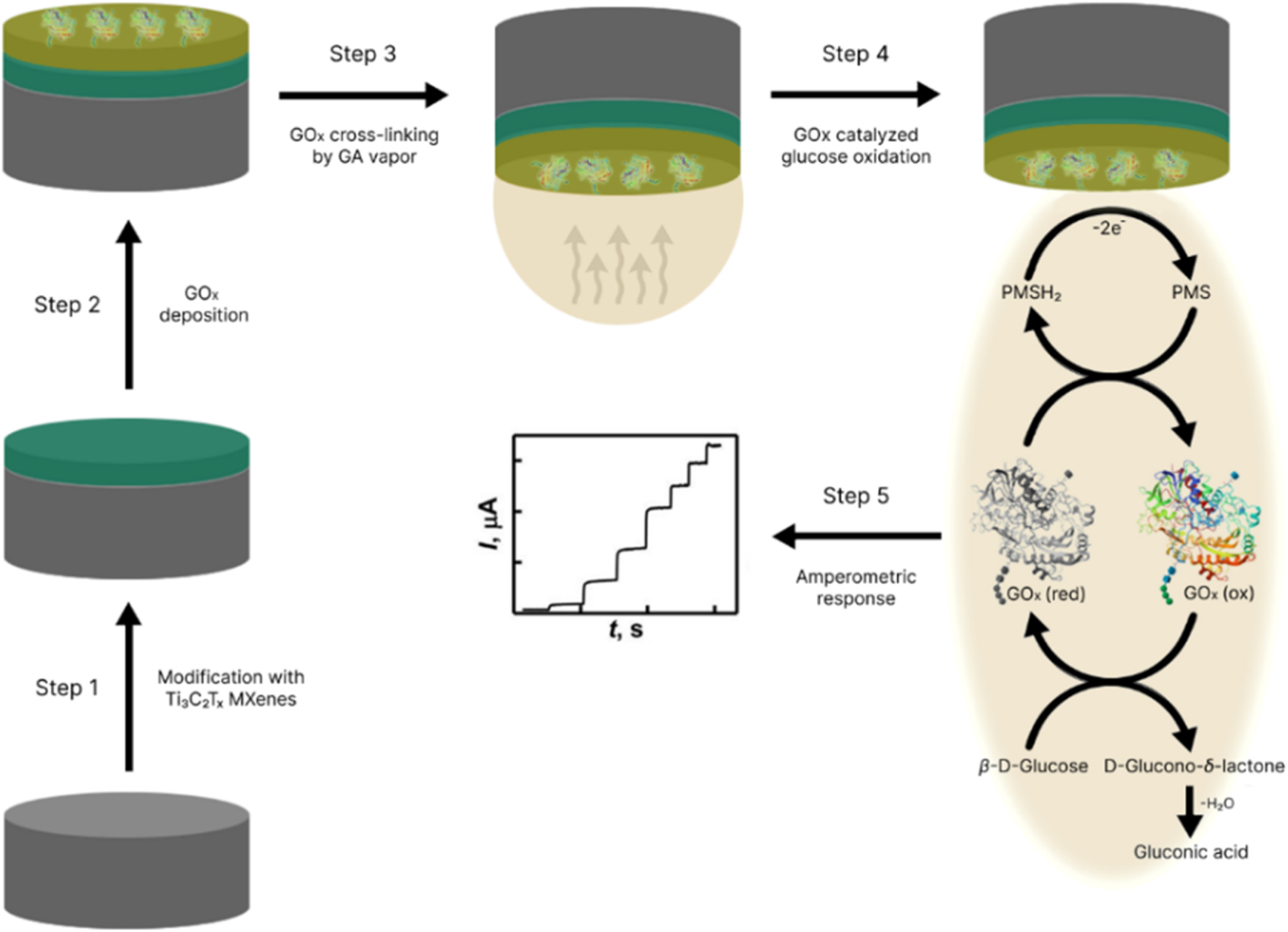
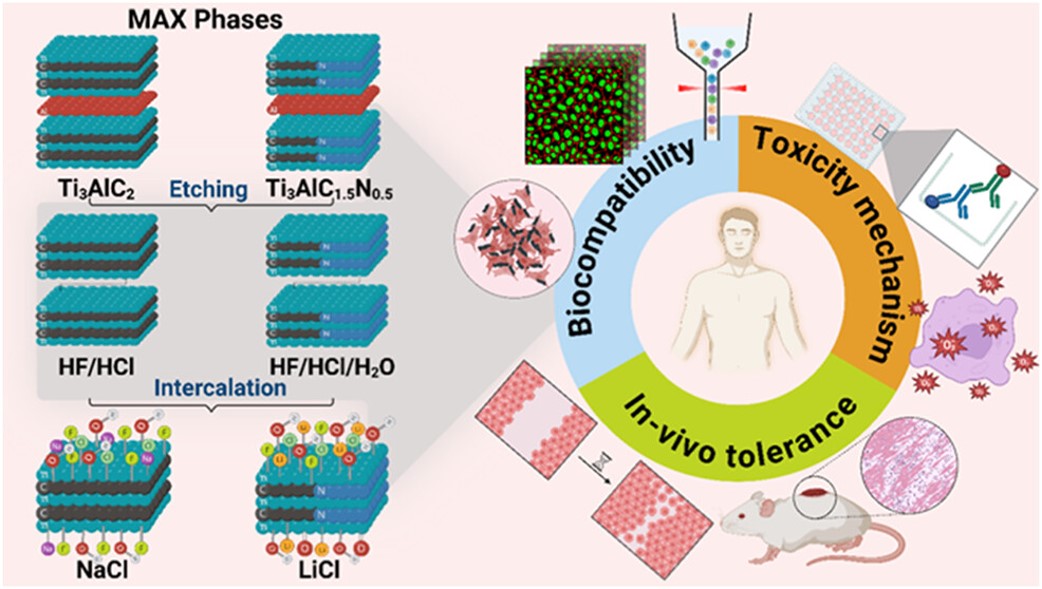 MXenes potential applications include sensors, wound healing materials, and drug delivery systems. A recent study explored how different synthesis methods affect the safety and performance of MXenes. By comparing etching conditions and intercalation strategies, researchers discovered that fine-tuning the surface chemistry of MXenes plays a crucial role in improving biocompatibility. These results provide practical guidelines for developing safer MXenes and bring the field one step closer to real biomedical applications.
MXenes potential applications include sensors, wound healing materials, and drug delivery systems. A recent study explored how different synthesis methods affect the safety and performance of MXenes. By comparing etching conditions and intercalation strategies, researchers discovered that fine-tuning the surface chemistry of MXenes plays a crucial role in improving biocompatibility. These results provide practical guidelines for developing safer MXenes and bring the field one step closer to real biomedical applications. An excellent review highlighting how MXene-based sensors can help tackle one of today’s pressing environmental challenges — heavy metal contamination. Excited to see such impactful work moving the field of environmental monitoring and sensor technology forward!
An excellent review highlighting how MXene-based sensors can help tackle one of today’s pressing environmental challenges — heavy metal contamination. Excited to see such impactful work moving the field of environmental monitoring and sensor technology forward!
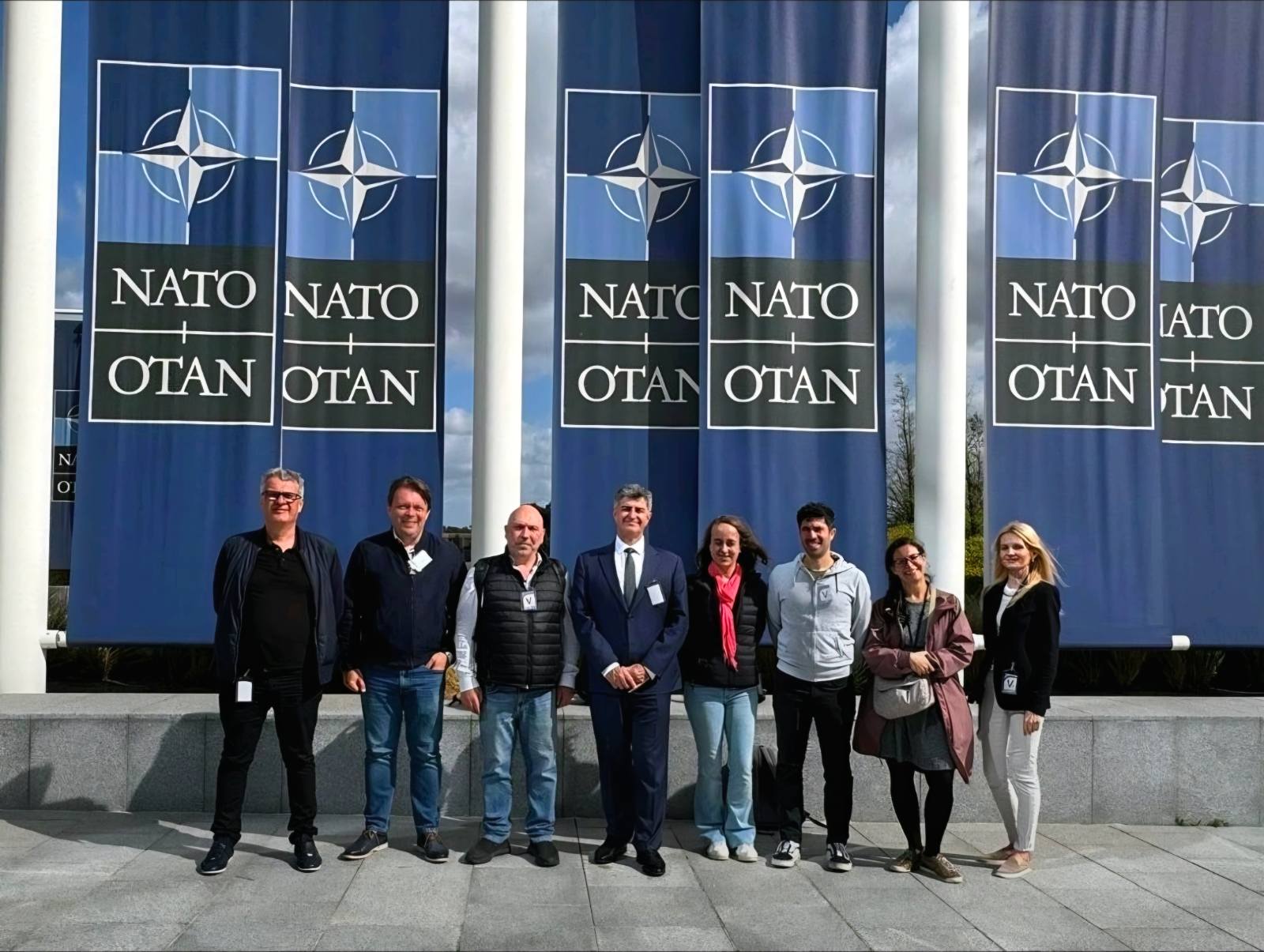 Carbon-Ukraine team was truly delighted to take part in the kickoff meeting of the ATHENA Project (Advanced Digital Engineering Methods to Design MXene-based Nanocomposites for Electro-Magnetic Interference Shielding in Space), supported by NATO through the Science for Peace and Security Programme.
Carbon-Ukraine team was truly delighted to take part in the kickoff meeting of the ATHENA Project (Advanced Digital Engineering Methods to Design MXene-based Nanocomposites for Electro-Magnetic Interference Shielding in Space), supported by NATO through the Science for Peace and Security Programme.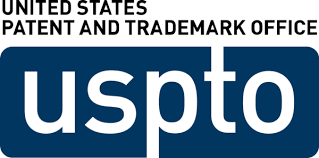 Exellent news, our joint patent application with Drexel University on highly porous MAX phase precursor for MXene synthesis published. Congratulations and thanks to all team involved!
Exellent news, our joint patent application with Drexel University on highly porous MAX phase precursor for MXene synthesis published. Congratulations and thanks to all team involved!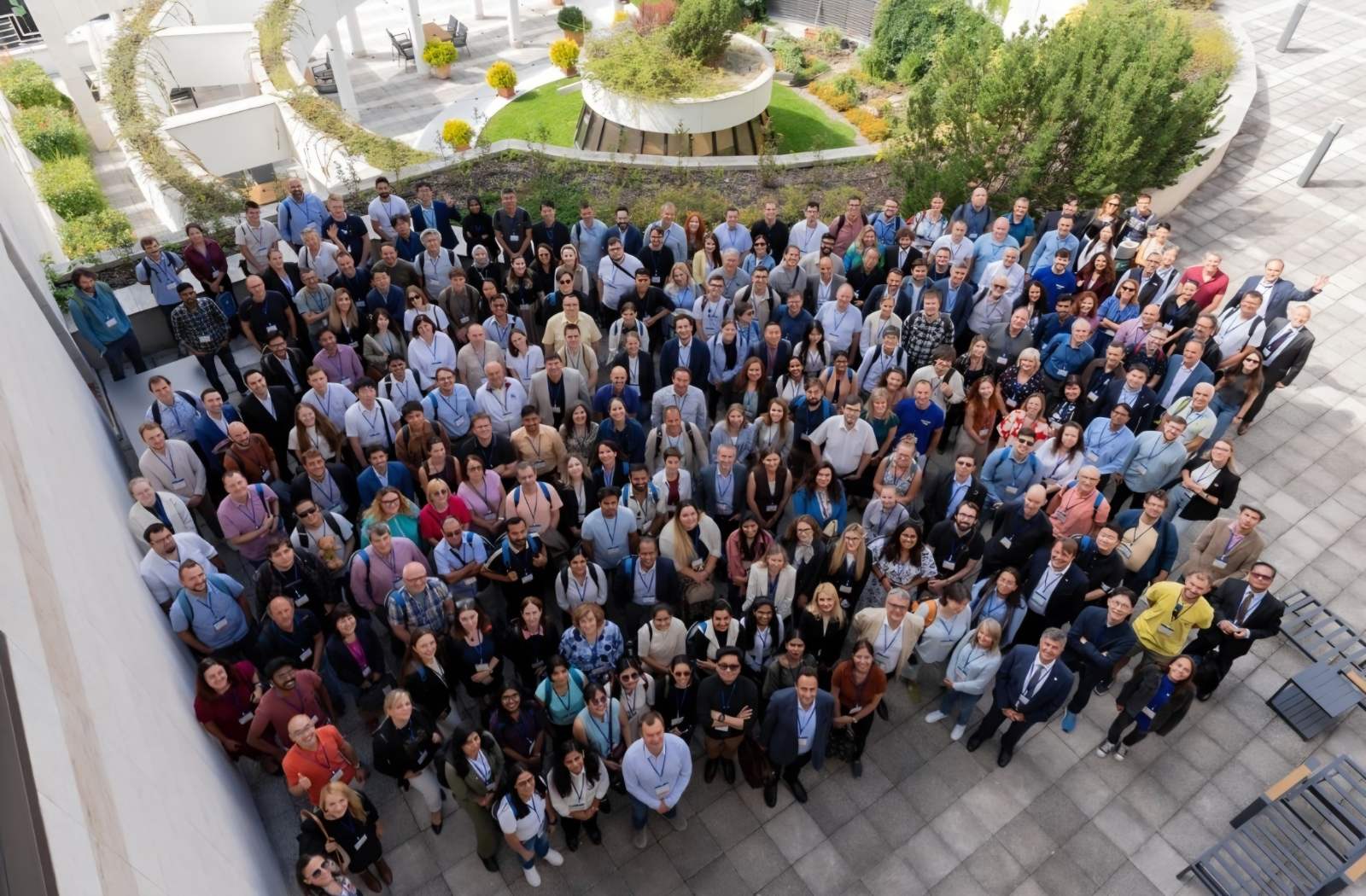 Our team was very delighted to take part in International Symposium "The MXene Frontier: Transformative Nanomaterials Shaping the Future" – the largest MXene event in Europe this year!
Our team was very delighted to take part in International Symposium "The MXene Frontier: Transformative Nanomaterials Shaping the Future" – the largest MXene event in Europe this year!  Last Call! Have you submitted your abstract for IEEE NAP-2025 yet? Join us at the International Symposium on "The MXene Frontier: Transformative Nanomaterials Shaping the Future" – the largest MXene-focused conference in Europe this year! Final Submission Deadline: May 15, 2025. Don’t miss this exclusive opportunity to showcase your research and engage with world leaders in the MXene field!
Last Call! Have you submitted your abstract for IEEE NAP-2025 yet? Join us at the International Symposium on "The MXene Frontier: Transformative Nanomaterials Shaping the Future" – the largest MXene-focused conference in Europe this year! Final Submission Deadline: May 15, 2025. Don’t miss this exclusive opportunity to showcase your research and engage with world leaders in the MXene field!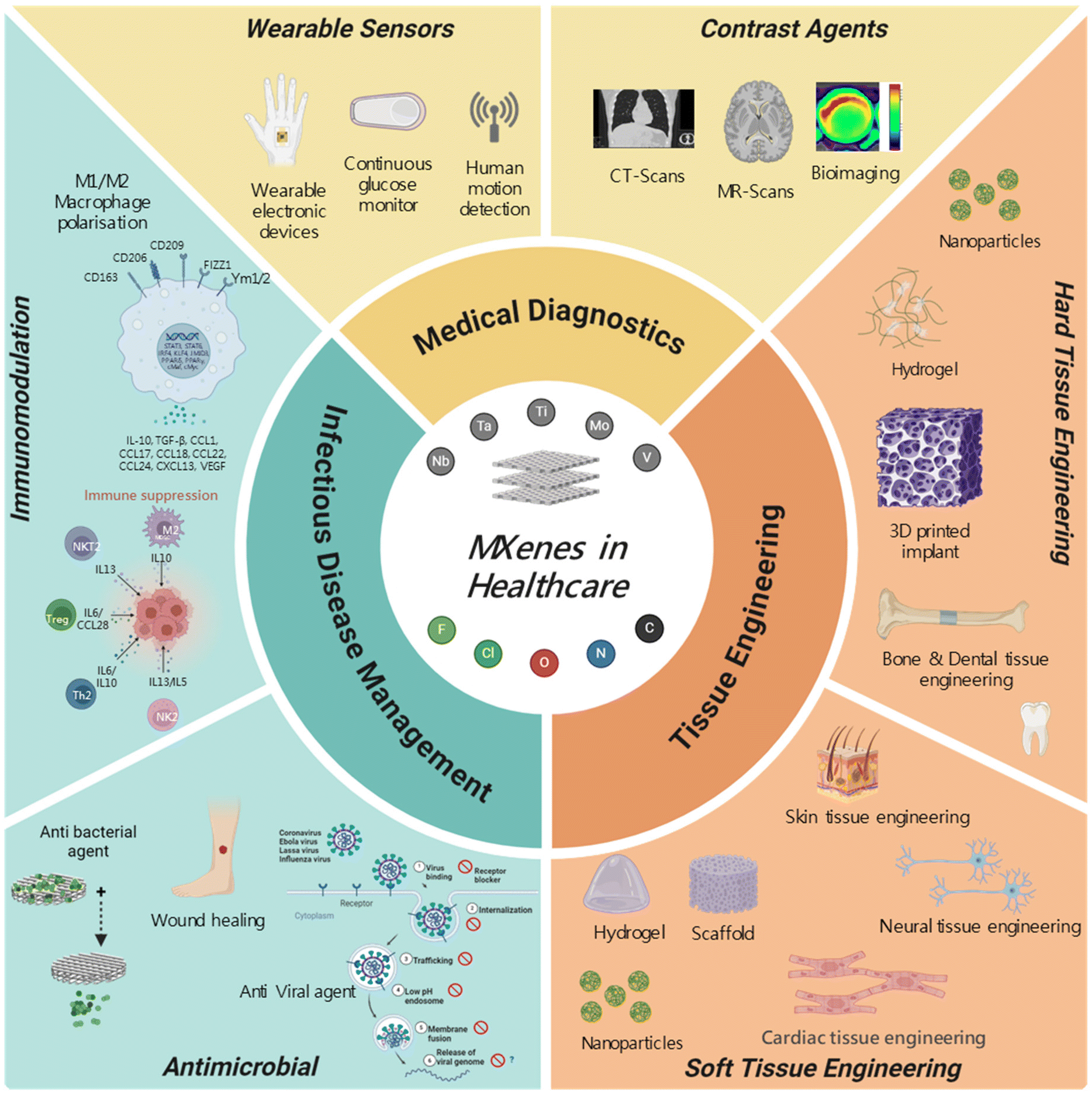 We are excited to announce the publication of latest review article on MXenes in Healthcare. This comprehensive review explores the groundbreaking role of MXenes—an emerging class of 2D materials—in revolutionizing the fields of medical diagnostics and therapeutics. Read the full article here: https://doi.org/10.1039/D4NR04853A.
We are excited to announce the publication of latest review article on MXenes in Healthcare. This comprehensive review explores the groundbreaking role of MXenes—an emerging class of 2D materials—in revolutionizing the fields of medical diagnostics and therapeutics. Read the full article here: https://doi.org/10.1039/D4NR04853A.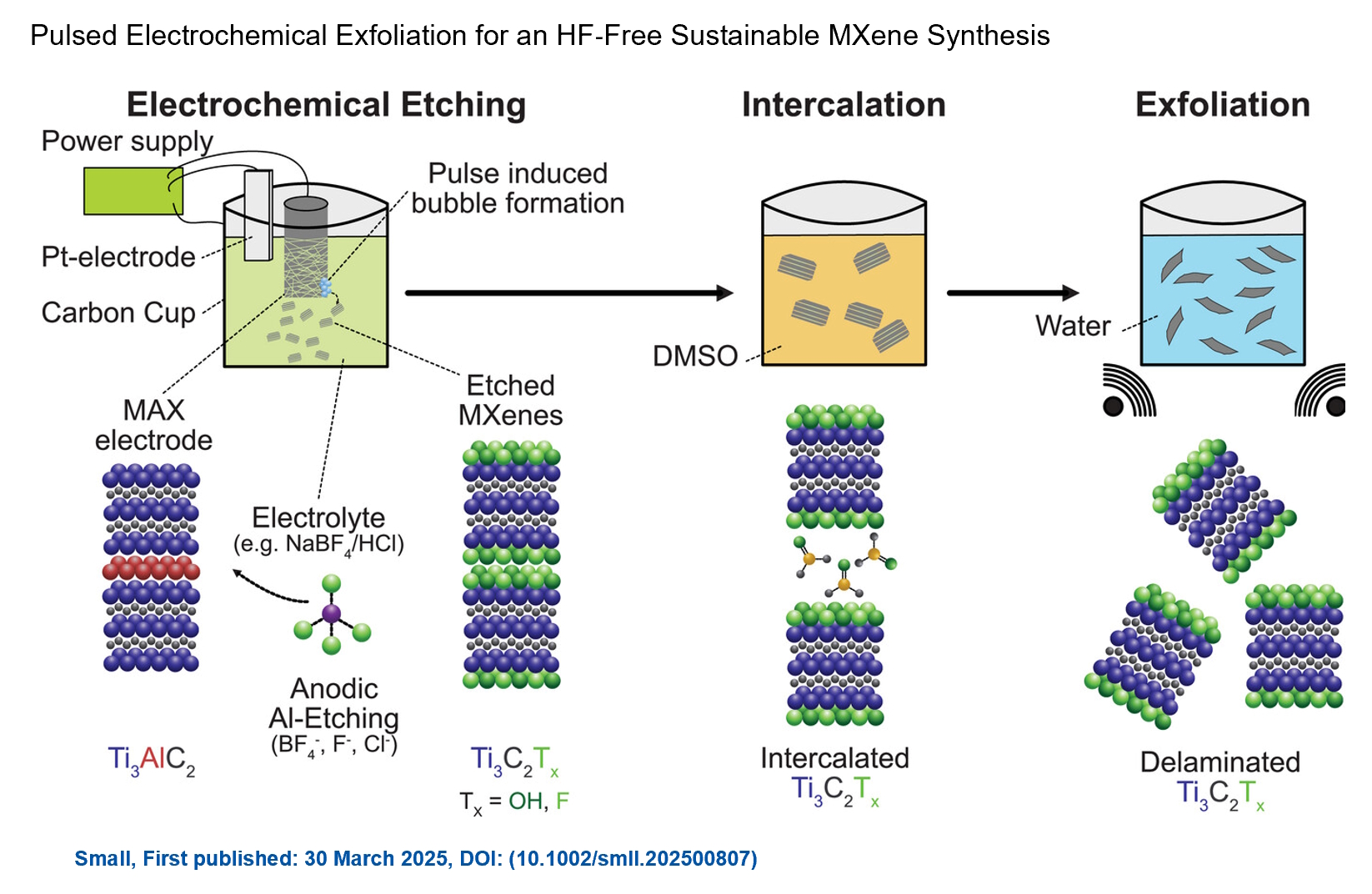 Congratulations and thank you to our collaborators from TU Wien and CEST for very interesting work and making it published! In this work, an upscalable electrochemical MXene synthesis is presented. Yields of up to 60% electrochemical MXene (EC-MXene) with no byproducts from a single exfoliation cycle are achieved.
Congratulations and thank you to our collaborators from TU Wien and CEST for very interesting work and making it published! In this work, an upscalable electrochemical MXene synthesis is presented. Yields of up to 60% electrochemical MXene (EC-MXene) with no byproducts from a single exfoliation cycle are achieved.